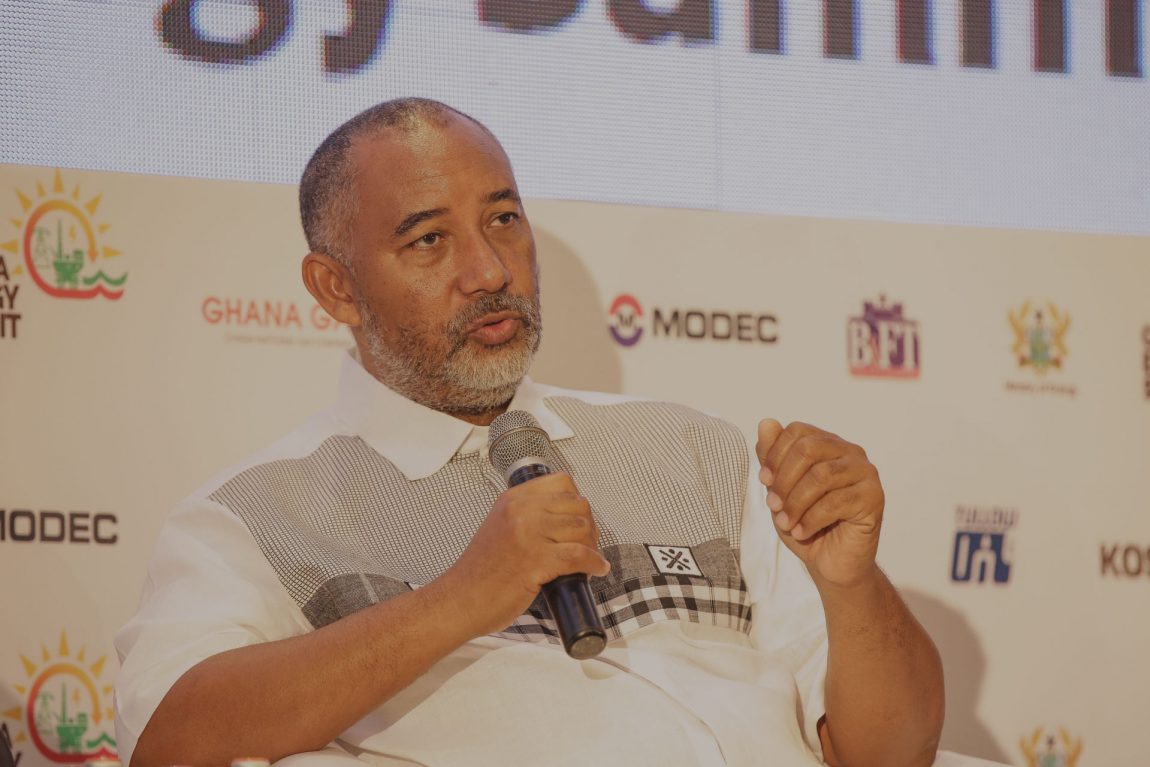Eni-Springfield Unitization: Energy expert simplifies the technicalities (part 1)
- Advertisement -
Following the court declaration in favor of Springfield Oil Company in a legal suit against Eni Ghana, energy experts have shared their reservations.
The suit by the Ghanaian oil firm, Springfield, sought to compel Eni Ghana to relinquish 30 percent of revenues accrued from the sale of crude oil from the Sankofa field was granted by a Commercial High Court in Accra on Friday, June 25, 2021.
- Advertisement -
The court running comes on the back of the unitisation impasse between both oil firms since April 2020 when a directive from the then Energy Minister, Peter Amewu, demanded for the unitization of the Afina and Sankofa fields for the purposes of ensuring optimal recovery of the hydrocarbon resources (crude oil) in the common reservoir in the interest of all the parties involved, including the State. The former Ghana National Petroleum Corporation (GNPC) Chief Executive Officer, with his vast experience oil block contract agreements, has shared an in-depth knowledge on the technicalities of the unitisation impasse.
- Advertisement -
“I guess the science has proven that the field that Eni found and is currently producing from, and the field that Springfield (SEP) were exploring and subsequently found oil are the same field” Alex Mould recounted in an interview with the paper.
Read More: MPs Car Loans: John Kumah urges reforms in Ghana’s Local governance structure
That means, the two fields in both blocks are actually the same field and therefore “it straddles two different blocks”, that is, the Eni block which is an OCTP and the Springfield block, Mr Mould who doubles as former executive director of Standard Chartered Bank emphasized.
However, commenting on the ruling, Kevin Okyere, CEO and founder of Springfield, described the ruling as a positive result and a welcome vindication of Springfield’s position on the issue of unitisation.
According to him, Springfield was forced to take the legal route following Eni’s reluctance to follow the unitisation directive and for all parties to reach an amicable resolution.
“Springfield is not interested in stalling ongoing crude oil production on the Sankofa Field, but believes in fairness and justice for all, irrespective of their size and position. The consequences of this case for the Ghanaian oil industry will be systemic and immediate,” he stated.
Adding that, “Springfield looks forward to working with Eni as the operator of the unitized field in maximizing the production and the economic benefits for all stakeholders, including the government and citizens of Ghana.”
Meanwhile, in his further comments, Mr Mould shared some possible implications of the unitisation of both fields.
This has “some serious implications” for both Eni and Springfield, he said as he listed below:
“It means that Eni has been “producing” (spending on operating cost and earning revenue) from the field that belongs to both Eni and Springfield.
“ENI has spent money “developing” the field and producing a field that belongs to both Eni and Springfield.
- Advertisement -
“And so “redetermination” has to be done to determine how much of the fuel belongs to Springfield and how much of the field belongs to Eni and the costs and the revenue have to be apportioned from “Day one that ENI/Vitol started exploring till today”.
“Well, that also means that, we have to re-quantify how much gas and oil is in the field and re-look at the economics twin-sure that Eni doesn’t suffer and if it has to be a gas price review; it has to be done”, he posited.
The former GNPC boss, who was part and parcel on almost all oil block contract agreement the country negotiated and signed as well as executing the contract deeds has affirmed that “redetermination and re-quantification of both fields as one will benefit Ghana.
“This is basically better for Ghana because the economics for Ghana (also known as the Fiscals – Royalties, equity ownership, additional paid in Equity, etc) is better on the Springfield Block contract than it was for the OCTP contract (awarded in 2006).
“We negotiated a very tough contract from 2013 for all Petroleum agreements that were given after 2013 …and yes that was under my watch”.
In simplifying the technicalities, Mr Mould expatiated that, the bottom line is that the “field size” has increased so the volume of oil has increased.
However, the “cost of developing and producing this incremental” oil and gas has not increased proportionally as the revenue has increased.
“The implication here for good negotiators of government of Ghana is to do what I call a redetermination not only to know how much goes to Springfield and how much goes to Eni but what is the economics of the new field.
“And, in order to ensure that Eni is not made worse off – you have to keep their rate of return as it is or better as per the stabilization clause in the agreement saying that they cannot be worse off, even if a material adverse event occurs”.
Consequently, government of Ghana also can be made “better off” in that with the larger field Producing more oil and gas. What that means is that the cost of gas should go down tremendously.
“So, let us see how our NPP government officials save Ghana a lot of money in the cost of gas to us.
“If they don’t, then we know that they are partners to Eni and Springfield.”
By Adnan Adams Mohammed
- Advertisement -


